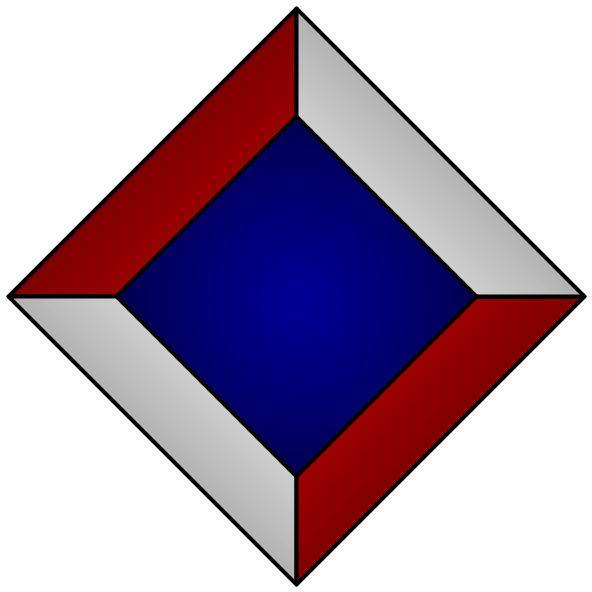¶Zhou2023
Litao Zhou, Yaoda Zhou, and Bruno C. d. S. Oliveira. 2023. Recursive Subtyping for All. Proc. ACM Program. Lang. 7, POPL, Article 48 (January 2023), 30 pages.
¶Abstract
Recursive types and bounded quantification are prominent features in many modern programming languages, such as Java, C#, Scala or TypeScript. Unfortunately, the interaction between recursive types, bounded quantification and subtyping has shown to be problematic in the past. Consequently, defining a simple foundational calculus that combines those features and has desirable properties, such as decidability, transitivity of subtyping, conservativity and a sound and complete algorithmic formulation has been a long time challenge.
This paper presents an extension of kernel F≤, called F≤µ, with iso-recursive types. F≤ is a well-known polymorphic calculus with bounded quantification. In F≤µ we add iso-recursive types, and correspondingly extend the subtyping relation with iso-recursive subtyping using the recently proposed nominal unfolding rules. We also add two smaller extensions to F≤. The first one is a generalization of the kernel F≤ rule for bounded quantification that accepts equivalent rather than equal bounds. The second extension is the use of so-called structural folding/unfolding rules, inspired by the structural unfolding rule proposed by Abadi, Cardelli, and Viswanathan [1996]. The structural rules add expressive power to the more conventional folding/unfolding rules in the literature, and they enable additional applications. We present several results, including: type soundness; transitivity and decidability of subtyping; the conservativity of F≤µ over F≤; and a sound and complete algorithmic formulation of F≤µ. Moreover, we study an extension of F≤µ, called F≤≥µ, which includes lower bounded quantification in addition to the conventional (upper) bounded quantification of F≤. All the results in this paper have been formalized in the Coq theorem prover.
¶Related
[Zhou2022] A Calculus with Recursive Types, Record Concatenation and Subtyping
